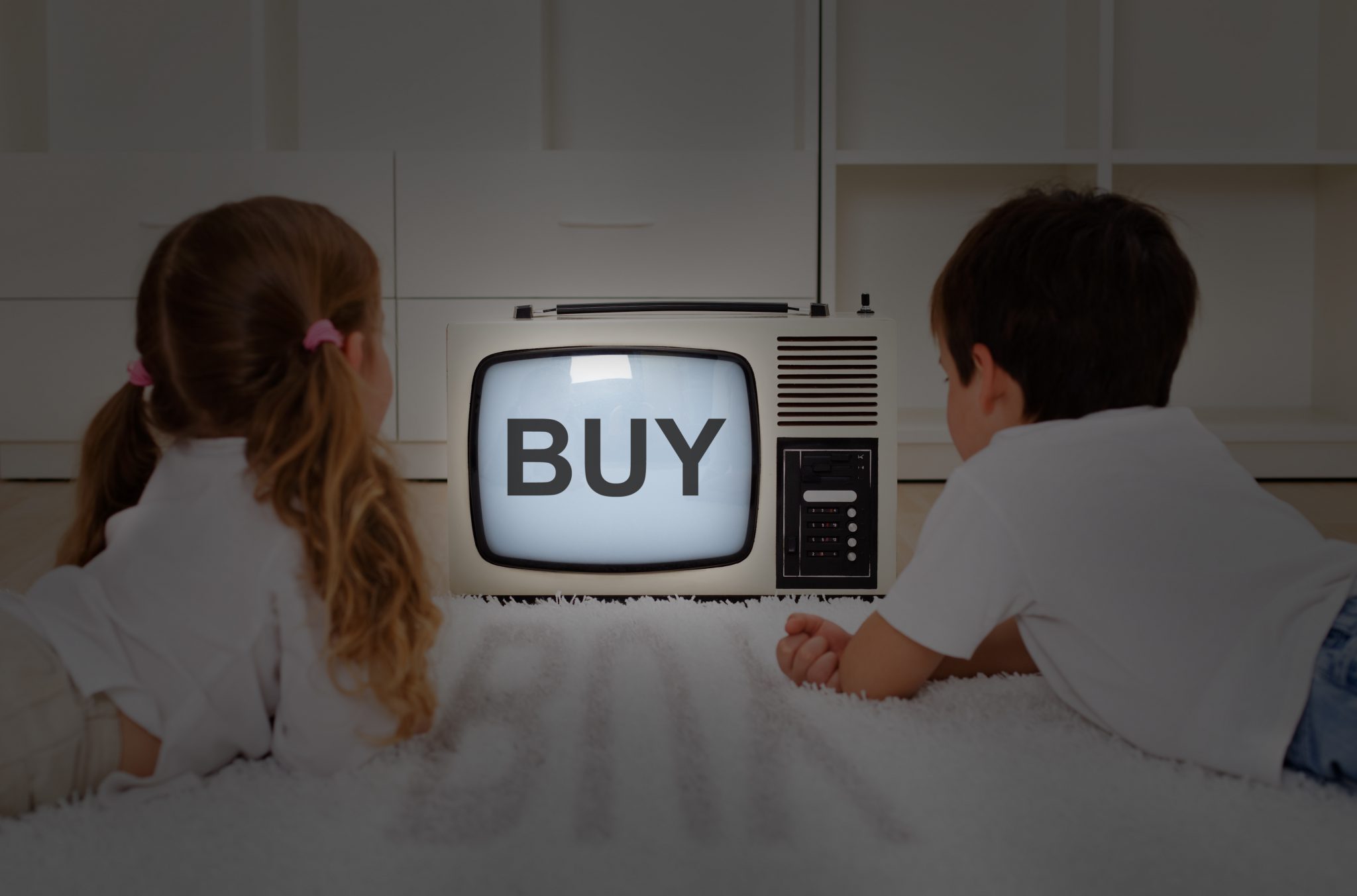Does your child beg you for the latest version of the iPhone, or the hottest videogame, or even an outrageously priced handbag from the latest designer?
“Our kids are growing up in a world where what you have is sometimes seen as more important than who you are,” says Andrew Malekoff, Executive Director of North Shore Child & Family Guidance Center. “It’s the job of parents and other role models to teach children what truly matters: things like their ability to be kind, respectful, grateful and adventurous.”
What are parents up against in their quest to make their kids have a deep sense of self-worth because of who they are and how they treat people rather than because of what they own? The onslaught of advertising is quite a formidable opponent in trying to battle consumerism. According to The Nielsen Company, kids ages 2-5 spend more than 32 hours a week in front of the TV screen, while 6-11 year olds spend about 28 hours a week. And those statistics don’t factor in time spent on computers or smart phones or other media platforms.
“Child advertising may impact self-esteem, making kids feel inferior to their peers if they do not have the latest products seen in commercials,” says Malekoff.
But there is some good news for those who are disgusted by the overload and the manipulative nature of the ads that try to turn our kids into voracious consumers. According to the Campaign for a Commercial-Free Childhood (CCFC), Senators Ed Markey and Josh Hawley have recently proposed the strongest restrictions on marketing to children in more than two decades. Their bill, which we was designed with the CCFC’s help, would:
- Ban all targeted marketing to children under 13. That means advertisers can’t use kids’ locations, interests, browsing habits or anything else about them to target them with ads.
- Hold companies like YouTube, Instagram and Snapchat accountable for profiting off of the millions of underage children that regularly use their sites.
- Give teens important new privacy protections.
- Create a kid-focused division at the Federal Trade Commission to enforce these new rules.
In addition to voicing your support for this bill, you can follow some of CCFC’s suggestions on how to reclaim childhood from corporate marketers:
- Carve out commercial-free time. Make creative and outdoor play the norm. Have family nights for games, projects and other fun.
- Limit screen time. Pediatricians recommend: A. NO screen time for kids under two; B. Time limits for older kids; C. Keep bedrooms screen free.
- Reclaim your school. Work with friends and educators to limit (or eliminate) advertising in your community’s schools.
- Call out the worst corporate offenders on social networks and blogs. Share commercial-free alternatives.
- Learn more. Hold discussion groups, film viewings and book groups at your school, library or place of worship.
- Choose commercial-free. Buy toys, food and clothing from companies that do not market directly to children. Avoid companies that do.
As Malekoff says, “When you’re deciding how to spend your money, think about giving your children richness of experiences instead of a wealth of stuff. Most of all, give them your time and attention. They will value that more than anything they can buy in a store.”
Sources:
https://www.nielsen.com/us/en/insights/news/2009/tv-viewing-among-kids-at-an-eight-year-high.html














